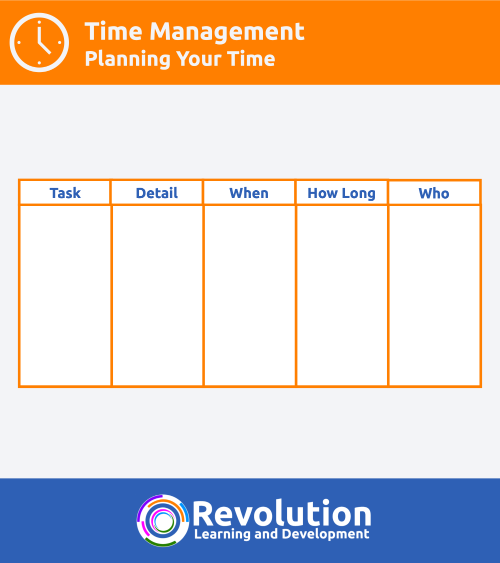Background
In this post, we look at how to plan your time effectively. Planning is a core time management tool and project management tool.
Learning to plan your time effectively will help you to get more things done, make you more productive and reduce the feeling of overwhelm when you have lots of things to do.
Many people don’t plan for the simple reason that plans change and it’s just not worth it. But, without even a basic plan, you could find yourself stuck understanding where to start and what order to put things in.
Why Plan Your Time?
There are lots of benefits associated with planning your time. You could be wasting a lot of your time if you don’t plan your time effectively. Even having the most basic of plans will deliver numerous benefits.
Some of the benefits of planning your time include:
- Knowing exactly where you need to start
- Knowing exactly what you have to get done
- Being able to prioritise tasks that you have to complete
- Easily work out tasks dependencies
- Makes it easier to put tasks into the right order of completion
- Easily be able to see what resources, help and support you need
- We can make better decisions about tasks
- We can work out what we need to delegate
If you don’t plan your time effectively, you will see the reverse of the benefits above. You will find it difficult to understand where to start. This leads to something called time paralysis – not doing anything because we don’t know where to start. In other words, indecisiveness kicks in and we end up wasting time when we could be getting things done.
Planning Vs Scheduling
A common misconception is that planning and scheduling are one of the same things when, in fact, they are very different. The difference between planning and scheduling is:
- Planning – Preparing a list of tasks in a set order of completion to get something done. Often described as the steps required to achieve a goal that you have. Making a plan might also be described as a statement of intent. For example, ‘I’m going to the supermarket this afternoon’ is a plan.
- Scheduling – Scheduling is less about what is being done and why, but more about when. Plans may not have times and dates set against them, but a schedule does. Scheduling is where we take the plan then begin to ‘plugin’ the tasks we have into the time we have available — for example, adding them to a calendar or planner.
Once we plan our time effectively, then we should schedule our time effectively too. As you can see, they are two very different things. You will find it very difficult to schedule your time if you don’t plan your time effectively first.
Essentially, we don’t plan our time. we plan our tasks and the schedule is where we plan the time we will use to complete these tasks. Both things together will allow us to plan our time effectively.
How to Plan Your Time Effectively
Here are some simple steps to help you plan your time effectively:
- List out all of the major tasks that you need to complete. These could be project tasks, one-off tasks or regular tasks that you do on a daily, weekly or monthly basis. Don’t get bogged down in detail, think too logically or try to put them in order. All you need at this point is a list of tasks.
- Work out the deadline for each task. If these are project tasks or one-off tasks, when do they need to be completed? If they are regular tasks when in the day, week or month do they need to be done by. Stick to exact dates or days and avoid things like ‘by the end of the month’
- Work out how long each task should take to complete. Again, don’t get into detail. Just a rough estimate will do at this point
- Work out dependencies. Does one task need to be completed before another can start or can this task be completed at the same time as another
- Put your tasks in order. Using the dates from point 2 and the dependencies from point 4, put the tasks you have into the most logical order.
You now have the basis of a very simple and straightforward plan. You could make a simple Excel Spreadsheet or a table in a document to capture all of the above. Your table might look like the one below:

Tools to Plan Your Time Effectively
There are a number of simple tools that can help you to plan your time effectively. The idea here to make this process as simple and quick as possible. The scheduling stage is where we need to add more detail. Our plan just needs to give us the tasks and the order that they come in. Some simple tools you can use include:
- A to-do list
- An app such as Todoist or your task app on your phone
- Tasks in outlook
- Trello or Microsoft Planner
The tools above are not designed to build out a fully functioning project plan. To do this you might consider using a tool such as Microsoft Project or Monday.com. The tools are just an easier way to get your tasks into a workable list to help to plan your time effectively.
Further Learning
If you would like to be able to plan your time effectively and learn about other practical tools to help with your own time management then you may find a time management training course will help. Take a look at our Time Management Training Course for more details.




